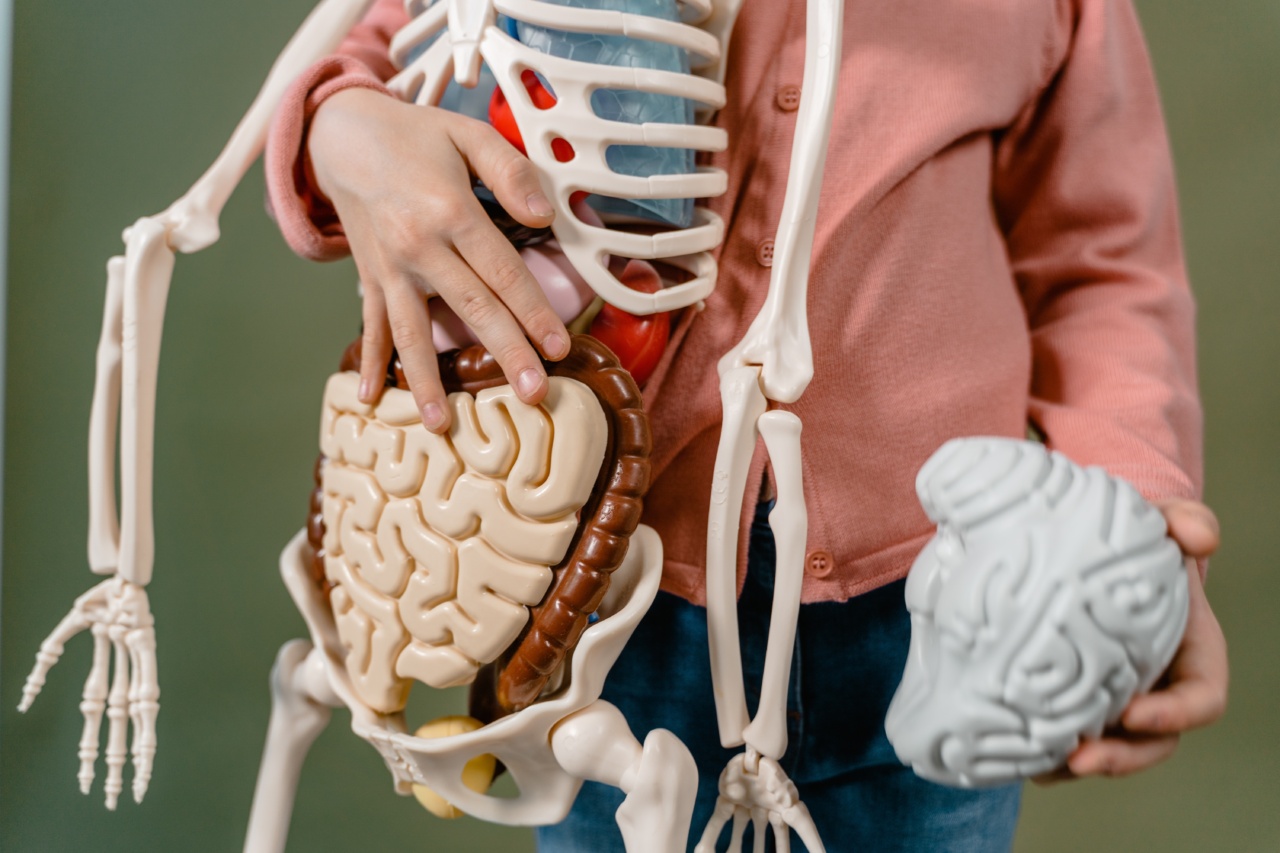Grief is a complex and emotional process that can be experienced by anyone who loses something or someone important to them. It can manifest in many different ways and can last for weeks, months, or even years.
Although it is a universal experience, the way individuals grieve can vary based on their personality, life experiences, and cultural background. While grief can be a difficult and overwhelming experience, it is also a natural and necessary part of the healing process. In this article, we will explore the science of grief and how it affects our brains and personalities.
What is Grief?
Grief is an emotional response to loss. It is a natural process that helps us navigate the emotions and thoughts that arise when we lose something or someone we care about.
Grief is not only experienced when someone dies, but can also be triggered by other forms of loss, such as the end of a relationship, the loss of a job, or even the loss of a pet. The intensity and duration of grief can vary depending on the individual and the circumstances surrounding the loss.
The Brain’s Response to Grief
When we experience grief, our brains go through a series of changes that can affect our emotions, thoughts, and behaviors.
Research has shown that the brain’s limbic system, which is responsible for processing emotions, is activated during the grieving process. This means that areas of the brain responsible for memory, emotional regulation, and social bonding are activated.
During the early stages of grief, the brain may enter a state of shock, which can cause feelings of numbness and detachment.
However, as the grieving process continues, the brain’s emotional response can become more intense, leading to feelings of sadness, anger, and despair. These emotions can be triggered by memories, experiences, or even sensory stimuli that remind us of the loss.
As the grieving process continues, the brain’s activity may start to shift from the limbic system to the prefrontal cortex. This area of the brain is responsible for executive functions such as decision-making, planning, and problem-solving.
This shift allows individuals to begin to process the loss and make sense of their emotions. It can also help individuals begin to find ways to cope with their loss and adjust to their new reality.
Personality and Grief
Although grief is a universal experience, the way individuals grieve can differ based on their personality and life experiences. Research has identified several personality traits that can affect an individual’s response to grief.
Neuroticism
Individuals who score high in neuroticism, a trait associated with negative emotional reactivity, may experience more severe and long-lasting grief symptoms. They may also be more prone to anxiety and depression in response to loss.
Openness to Experience
Individuals who score high in openness to experience, a trait associated with imaginative and intellectual curiosity, may have a more complex and nuanced understanding of grief.
They may be more likely to seek out creative or spiritual outlets for their grief and find solace in art, music, or literature.
Extraversion
Individuals who score high in extraversion, a trait associated with outgoing and assertive behavior, may be more likely to share their grief with others and seek social support.
They may also find that their grief is alleviated through social interactions and connection with others.
Conscientiousness
Individuals who score high in conscientiousness, a trait associated with being organized and responsible, may be more likely to engage in structured grieving rituals and find comfort in routine and tradition.
Coping with Grief
While grief is a natural and necessary process, it can also be a challenging and overwhelming experience.
Coping with grief can be difficult, but there are many strategies and resources available to help individuals make sense of their emotions and find ways to move forward.
Talk to a Professional
Grief can be complex, and sometimes it can be helpful to talk to a professional who can provide guidance and support.
This can include therapists, counselors, or grief specialists who can provide insights and techniques to help individuals navigate the grieving process.
Connect with Others
Sharing grief with others can be a powerful way to find connection and support. This can include joining a grief support group, reaching out to friends or family members, or connecting with others online who are experiencing similar loss.
Engage in Self-Care
Grief can be exhausting, and it’s important to take care of oneself during the grieving process.
This can include engaging in activities such as exercise, meditation, or creative expression that can help reduce stress and improve emotional wellbeing.
Recognize that Grief is a Process
Grief is not a linear process, and individuals may experience a range of emotions, from sadness to anger to acceptance. Recognizing that grief is a process can help individuals understand that it takes time and patience to heal.
Conclusion
Grief can be a challenging and complex process, but it is a necessary part of healing from loss.
Understanding how grief affects our brains and personalities can help individuals make sense of their emotions and find ways to cope during this difficult time. Whether it’s through talking to a professional, connecting with others, or engaging in self-care, there are resources and strategies available to help individuals navigate the grieving process and move forward.






























